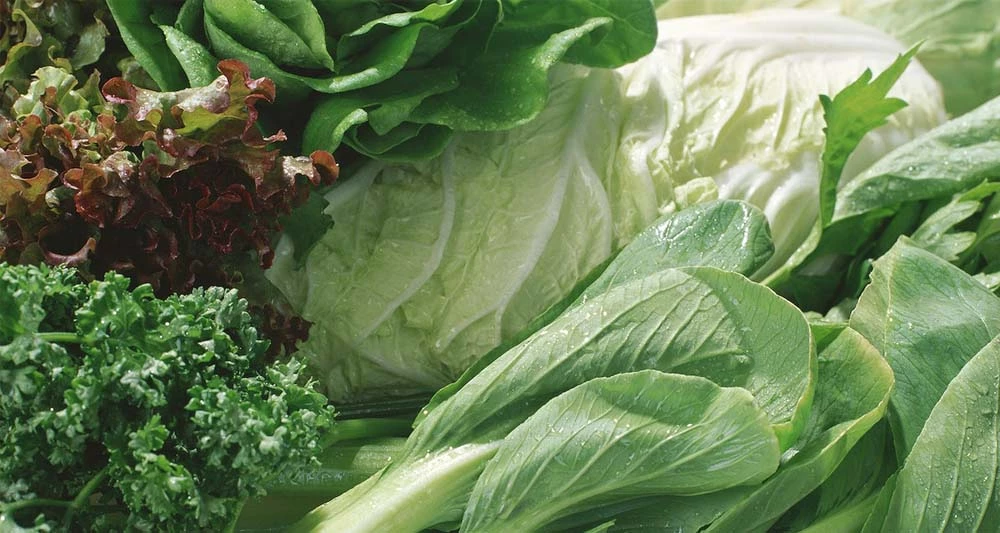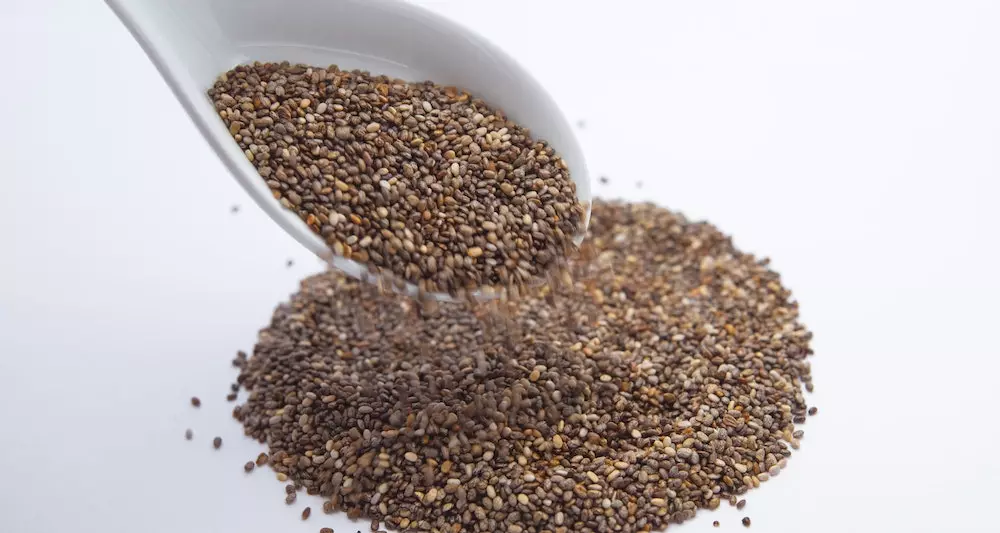For our general health, it is essential that we eat a balanced, healthy diet. Although there are many various kinds of food available, not all of them are equal. While certain meals are rich in the vitamins and nutrients our bodies require to function at their best, others are high in calories, sugar, and bad fats that can cause a variety of health issues.
Leafy Greens

Leafy greens are among the healthiest foods you can consume since they are rich in fibre, vitamins, minerals, and other essential components that your body needs to keep strong and healthy. They contain, among others, spinach, kale, collard greens, Swiss chard, lettuce and rocket, and can aid in reducing inflammation, safeguarding your vision, controlling blood sugar levels, and enhancing digestion. You may use leafy greens in smoothies, use them as a base for salads, sauté them in garlic and olive oil, or even substitute them for bread or tortillas as a low-carb option.
Nuts and Seeds

High in nutrients, nuts and seeds can offer a variety of health advantages. They have been associated with a lower risk of heart disease, diabetes, and other chronic illnesses because they are high in healthy fats, protein, fibre, vitamins, minerals, and antioxidants. Almonds, walnuts, pistachios, cashews, chia seeds, flaxseeds, and pumpkin seeds are some of the most well-liked nuts and seeds. You can eat raw or roasted nuts and seeds as a snack, add them to salads or yoghurt, spread nut butter on bread, or even use them in baking in place of flour. It is therefore preferable to consume them in moderation and as part of a healthy diet.
Almonds

Almonds are a nut that are incredibly nutritious and make a wonderful addition to any balanced diet. They are a good source of fibre, protein, vitamin E, magnesium, and other essential elements that are good for your heart, brain, and general health. They are also high in healthy fats. Almonds may also aid in lowering cholesterol, reducing inflammation, and enhancing blood sugar regulation, according to studies. Almonds can be eaten as a snack or added to salads, smoothies, and other foods. They can also be eaten raw or roasted. Almonds are heavy in calories as well, so it’s ideal to eat them in moderation and as part of a balanced diet. This is something to keep in mind.
Chia Seeds

Chia seeds are a tiny, nutrient-rich seed that have a wide range of health advantages. They are a fantastic complement to any diet because they are abundant in fibre, protein, omega-3 fatty acids, and numerous other micronutrients. Chia seeds have been associated with a lower chance of developing heart disease, better digestion, and an increase in satiety, all of which can aid with weight management. They can be used as an egg substitute in vegan baking, as well as in smoothies, yoghurt, muesli and other foods. Chia seeds may also absorb water to create a gel-like consistency that can be utilised to create puddings, jams, and other intriguing food dishes. It’s preferable to consume them sparingly and as part of a healthy diet.
Flax Seeds

Flax seeds are a little, brown seed that are full of fibre, protein, good fats, and other vital elements. They contain particularly high levels of alpha-linolenic acid (ALA), an omega-3 fatty acid that has been associated with a lower risk of heart disease, inflammation, and several forms of cancer. Flax seeds can be consumed whole or ground into a powder and used to smoothies, muesli, yoghurt and baked goods. They can offer a pleasant crunch and a mildly nutty flavour to many meals. So it’s best to keep them in the refrigerator in an airtight container and consume them in moderation as part of a healthy diet.
Lean Proteins

Being high in critical nutrients and low in undesirable saturated and trans fats, lean proteins are a crucial part of a balanced diet. Fish, lean beef or pig, chicken, beans, lentils, and tofu are all examples of lean protein sources. These foods are a good source of high-quality protein, vitamins, and minerals that promote bone development, muscle growth, and general wellness. Lean protein can make you feel fuller and more content for longer periods of time, which can help you control your weight. Instead of unhealthy cooking techniques like deep-frying, try grilling, broiling, or baking lean proteins with fragrant herbs and spices.
Salmon

Salmon is a fatty fish that is packed with essential vitamins, minerals, and high-quality protein known as omega-3 fatty acids. Particularly omega-3 fatty acids have been connected to a lower risk of heart disease, reduced inflammation, and enhanced cognitive function. Vitamin D, which many people don’t get enough of, is another nutrient that salmon is a great source of. Salmon is not only nutritious but also delicious and adaptable. It may be prepared in a number of different ways, including as grilling, roasting, or pan-searing. When picking salmon, it’s crucial to choose wild-caught salmon wherever feasible because it typically has higher levels of omega-3 fatty acids and fewer levels of contaminants than farmed salmon.
Lentils

An very good source of plant-based protein and loaded with nutrients is the type of legume known as lentils. They include significant amounts of vital vitamins and minerals like potassium, iron, and folate as well as low levels of fat and high levels of fibre. Soups, stews, salads, and curries are just a few of the many recipes that can be made using lentils because they are so adaptable. A delicious accompaniment to many meals, they have a mild, earthy flavour and a little hard texture. The fact that lentils can be cultivated in a variety of climates and don’t need as much water as other crops makes them an economical and sustainable food alternative. Numerous health advantages of having lentils in your diet include better digestion, a lower risk of heart disease, and better blood sugar regulation.
Olive Oil

One of the healthiest oils on the market, olive oil is a mainstay of the Mediterranean diet. It is abundant in monounsaturated fats, which have been demonstrated to enhance heart health by lowering harmful cholesterol levels and reducing inflammation. Antioxidants included in olive oil can aid in defending the body from harm caused by dangerous free radicals. In addition to its health advantages, olive oil is a tasty and adaptable ingredient that can be used in a wide range of meals, including salad dressings, marinades, and sautéed vegetables.
Coconut Oil

Due to its conceivable health advantages, coconut oil, a tropical oil, has grown in popularity recently. It contains a lot of saturated fat, however unlike other saturated fats, most of the fat in coconut oil is composed of medium-chain triglycerides (MCTs). Studies indicate that MCTs may aid in weight loss, enhance brain function, and lower cholesterol levels since they are easier for the body to absorb and metabolise than other kinds of fats. Due to its moisturising properties and potential to enhance skin and hair health, coconut oil is a preferred ingredient in numerous skincare products. The usage of coconut oil should be moderated as part of a balanced diet because it still contains a lot of calories. It’s also important to keep in mind that the American Heart Association still advises limiting consumption of saturated fats, including coconut oil, as they may raise the risk of heart disease.
